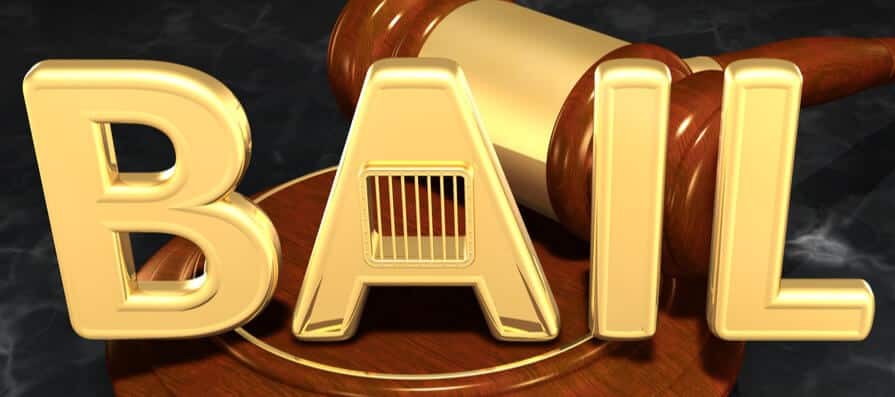Imagine waking up one morning to discover that law enforcement knows exactly where you were on a given night, not because they obtained a warrant for your specific phone, but because they swept up location data from every device in a particular area at a particular time. This is not science fiction; it is the reality of geofence warrants issued in Dekalb County, an increasingly common investigative tool that raises profound questions about privacy, technology, and the Fourth Amendment.
A geofence warrant is a court order that requires technology companies—most often Google—to sift through historical location data from all devices within a defined geographic boundary (the “geofence”) during a specified time period. Rather than naming a suspect or a particular device, Dekalb County prosecutors describe the boundaries of a crime scene or other relevant area on a map and ask for the location “pings” of every smartphone, tablet, or wearable that was present there. The intent is to identify potential suspects whose devices moved into the geofenced area at the relevant time.
On their face, geofence warrants appear to be a powerful tool for locating suspects in serious crimes. However, they come with a significant trade‑off: massive data collection. By design, these warrants scoop up information on innocent people—journalists visiting a protest, bystanders walking through a park, or someone on an errand near the crime scene. Gathering such broad swaths of private data infringes on the constitutional protection against unreasonable searches in Dekalb County.
The Fourth Amendment guarantees that people have the right “to be secure in their persons, houses, papers, and effects, against unreasonable searches and seizures.” Traditional warrants describe a particular person or place with specificity; a geofence warrant, by contrast, asks for every device in a wide area. Courts have struggled to reconcile this tension. In the 2018 Supreme Court decision Carpenter v. United States, the Court held that accessing historical cell‑site location information generally requires a warrant supported by probable cause. Although Carpenter did not directly address geofence warrants, it set the stage for heightened scrutiny of digital‑age searches.
In a typical scenario, a Dekalb County investigator investigating a burglary or assault will outline on a digital map the location and time frame of the crime. The warrant is served on a technology company, like Google, which compiles a list of device identifiers—known as “anonymous identifiers”—that pinged the defined area during that window. Law enforcement then reviews metadata such as device movement patterns and, in some cases, supplementary information like Google profile data or Wi‑Fi network connections. From this list, Dekalb County investigators narrow down their focus to devices whose behavior suggests involvement, then seek further warrants to unmask the individual owners.
Because geofence warrants collect data indiscriminately, they inevitably sweep in bystanders. Someone who stopped for coffee near the scene, simply drove down the block, or where at home and live in the area can be subjected to scrutiny. This raises difficult questions: Should a person’s lawful presence near a public place be treated as probable cause for police investigation? Does the mere fact of carrying a smartphone turn every citizen into what the courts have begun calling a “digital witness” to crime? These are not idle concerns; the scale of modern data retention means that our digital footprints can be preserved for years, potentially exposing innocent, unknowing, and un-consenting people to legal trouble long after any alleged crime.
Defense attorneys have begun to push back by filing motions to suppress evidence obtained through geofence warrants. These challenges typically argue that such warrants are overbroad and violate the Fourth Amendment’s requirement of particularity. Some courts have responded by narrowing the scope of these warrants—limiting them to devices displaying “suspicious” behavior, such as remaining on site during the crime and then rapidly departing. Others have demanded more precise descriptions of suspects or more targeted time frames. Although the law in this area is still evolving, successful suppression motions can force Dekalb County prosecutors to either abandon digital leads or gather evidence through more traditional, narrowly tailored means.
If you are not under investigation, there are still steps you can take to safeguard your location information. Many smartphones allow you to disable or limit location history—Google’s “Location History” setting, for instance, can be turned off altogether. Using privacy‑minded navigation apps that do not store your data or setting your phone to clear location history automatically can also reduce the volume of data available for a geofence warrant. However, these measures are no panacea: even with location history disabled, apps that require location services (like weather or ride‑share apps) may still generate records. Ultimately, meaningful privacy protections will require a combination of personal vigilance, legislative reform, and judicial oversight.
Geofence warrants sit at the intersection of rapid technological change and constitutional law that has not kept pace. The drive to solve crimes more efficiently must be balanced against the fundamental right to privacy. As public awareness grows and defense attorneys, like us, continue to challenge the breadth of these warrants, jurists and legislators are being forced to confront questions that were unimaginable just a decade ago.
For now, if you value your privacy in Dekalb County, it pays to understand how geofence warrants work—and to take proactive steps to limit the trails you leave behind. When your digital footprint can be used to cast suspicion on you, your loved ones, friends and neighbors, staying informed becomes not just a matter of privacy, but of personal freedom.


